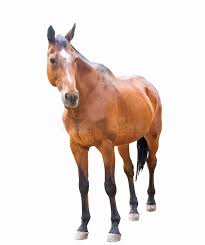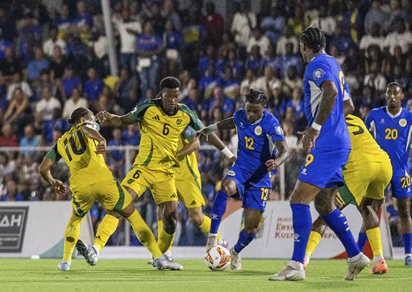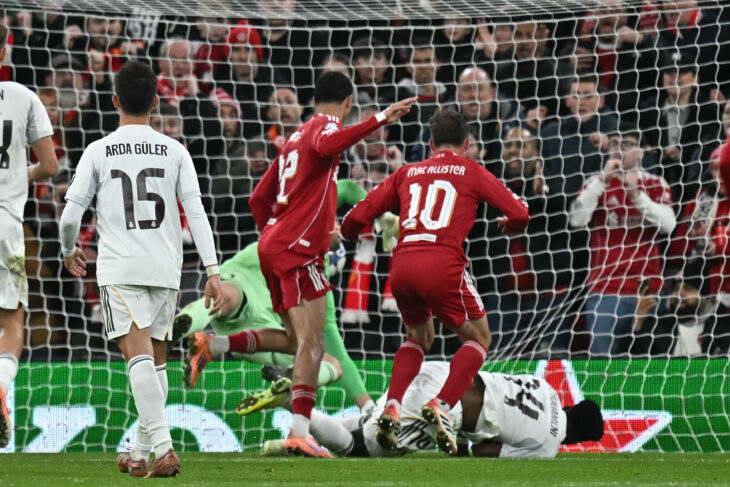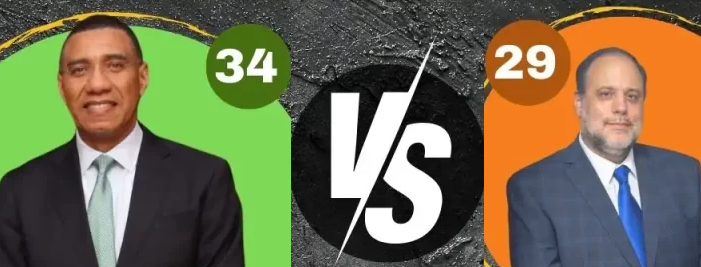
The flag-burning and demonstration of anger by stakeholders of the racing fraternity outside the gates of the country’s only racetrack a few weeks ago was the physical demonstration of frustration that “no-racing” is having on a group of people who cannot seem to understand that EVERY Jamaican is having to sacrifice or give up something in order for the nation to conquer the COVID-19 Pandemic. The President of the United States would no doubt describe these people as “good people who just want to go back to work”.
No one can deny the devastating effect that no racing is having on the stakeholders, some of whom have no other means of earning a living and would have difficulty in qualifying for receiving money from the Government’s much-touted financial support. The promoting company SVREL has announced efforts and actions to reduce the economic cost of maintaining the track and providing the necessary infrastructure to keep the horses (still at the track) able to maintain health until the Government announces a relaxation of the conditions that make a return to live racing economically feasible. Every day prolongs the agony of “no money”. It needs to be understood that the return of racing is going to be incumbent on the amount of money bet on the races (the handle) being enough to offset the cost of putting on the race card. The lifting of the curfew in St Catherine, the parish that is home to Caymanas Park, gave hope to some who believed that this would spur the promoter in announcing a date for the resumption of live racing.
A look at the cost of putting on a day of racing is necessary. First, the promoter has to pay the salaries of those who are responsible for the show. The announcers, workers at the track and off-track betting stations, and the purse, that sum of money paid out after every race that is divided up between the owner of the horse, the trainer, jockey, groom and breeder of the winner. The handle SHOULD be enough to cover this and hopefully provide a profit. So, if the race is going to be conducted without spectators (bettors) at the park, then there needs to be an increase in online betting as the social distance rules in place (for now) would ensure that betting at OTBs would be effectively zero.
Therefore, what is needed is for the promoter to lobby to have the rules regarding online betting or betting by phone or laptop adjusted to include that average bettor who at present is excluded from having an online account. When that is secured, the stakeholders would now have to reciprocate by agreeing to a reduction in the purse money that would reflect less for the owners, trainers, jockeys, grooms and breeders. That is the discussion that needs to be urgently convened. Everyone needs to sacrifice.
Everyone needs to look out for the other stakeholder. What has been remarkable so far is the paucity of information that is available outlining the reduction of training fees charged by trainers to owners whose horses are not being prepared for upcoming races and are just being kept “active” until the okay to return to racing is given. There is no doubt that the promoter has not done enough to foresee and plan for this shut down. To say that they have been blindsided would be an understatement. But all is not yet lost. The meetings advocated by the disgruntled stakeholders are indeed essential, but those attending MUST be prepared for give and take, because the prolonged closure of the track is going to make the return to live racing look DISMAL.
The unity touted by spokespersons encouraging citizens to cooperate in defeating the coronavirus is going to be vital when the stakeholders, regulators and promoters meet. Let us pray.



